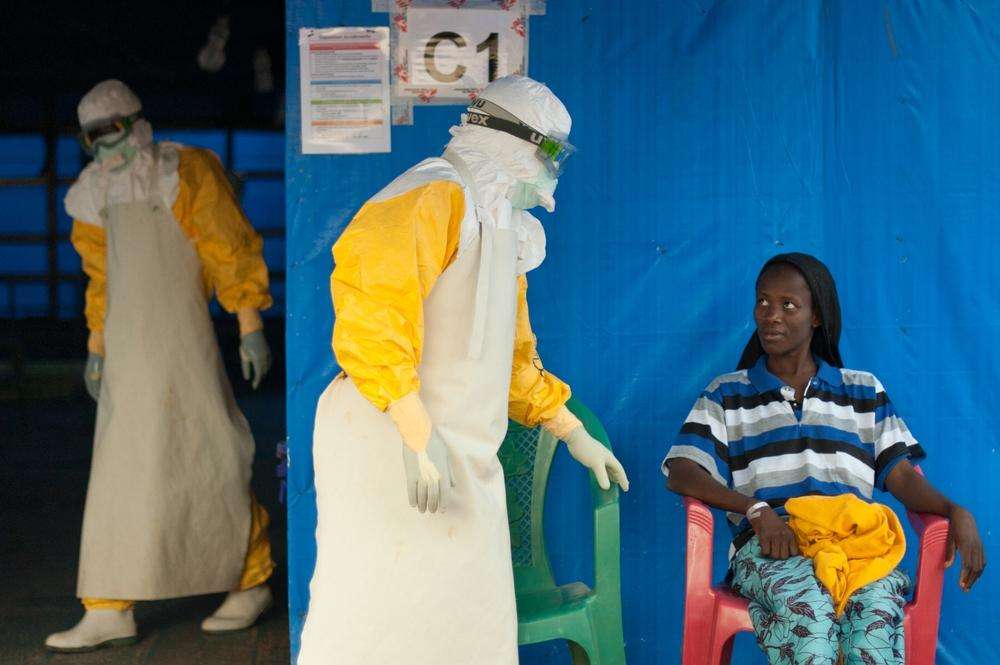Initial results of a clinical trial of the experimental drug favipiravir suggest that it can reduce mortality among patients with low levels of the Ebola virus in their blood, but is ineffective for patients with high viral loads who are very sick with the disease.
The ongoing clinical trial, led by French research institute INSERM, was launched on December 17, 2014, at an Ebola treatment center run by Doctors Without Borders/Médecins Sans Frontières (MSF) in Guéckédou, Guinea, where the current outbreak started. Since then the trial has expanded to include patients from Ebola treatment centers in Nzérékoré and Macenta, also in Guinea.
"Our patients receive a full explanation about the drug and the trial before choosing whether or not to take part," said Annick Antierens, leading the trial for MSF. "Of course any patient who prefers not to receive the experimental treatment will not be given it, but they will receive every other kind of supportive care.”
MSF’s medical staff in Guéckédou are proud that their treatment center is participating in the clinical trial, while maintaining a sense of realism. "We have seen that the treatment has an effect on some patients but not on others,” said MSF nurse Julien Demeuldre in Guéckédou. “Some recover, others die. We don't know why this is happening."
Today, INSERM has put forward an explanation: for patients with relatively low levels of the Ebola virus in their blood, favipiravir can make a difference, halving the mortality rate for that group of patients from 30 percent to 15 percent. But for patients with a higher viral load, and for small children, the experimental drug is ineffective.
"It’s clear that more research is required," said Antierens. “These are provisional results, which need to be confirmed, and the study is ongoing. For a sizeable group of patients—those who are in the worst condition—it is not good news. Favipiravir is clearly not a wonder-drug.”
The favipiravir trial will continue in Guinea. At the same time, other avenues are being explored. In MSF’s Ebola treatment center in Conakry, a clinical trial is currently underway in which patients are receiving blood plasma from cured adult volunteers that contain antibodies against the Ebola virus. And in late February, also in Guinea, MSF will begin a study of an experimental vaccine to protect against Ebola.





